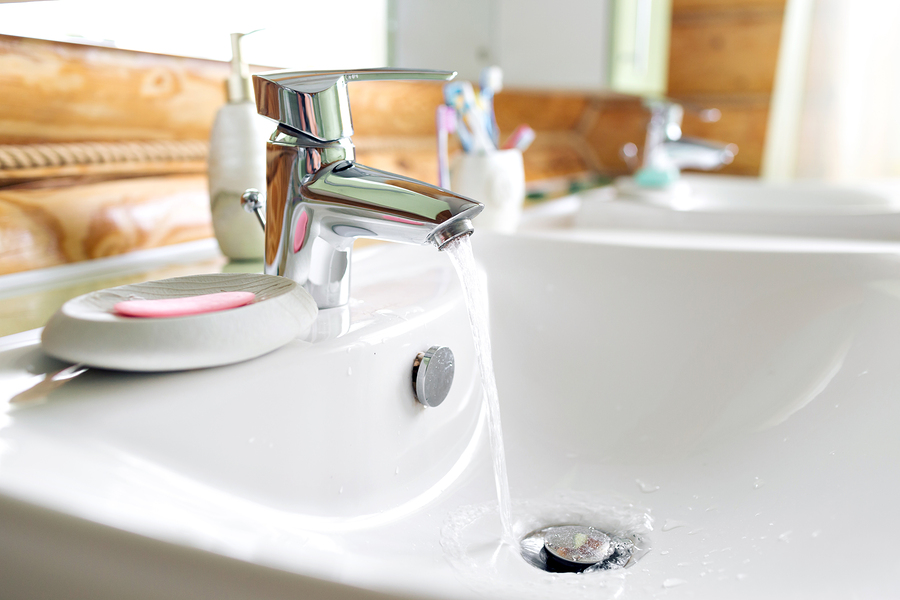
Smart Water Meters: Revolutionizing Water Management
Share
In an era where technology is seamlessly woven into the fabric of our daily lives, smart water meters are emerging as pivotal tools for water management. These devices provide a technological leap in the way we monitor and conserve water, appealing particularly to tech professionals and enthusiasts eager to explore cutting-edge solutions. As water scarcity becomes a global concern, understanding and adopting smart water meters is not just beneficial but essential. In this article, we'll delve into the intricacies of smart water meters, their benefits, and how they are reshaping water management strategies worldwide.

What Are Smart Water Meters?
Smart water meters are advanced devices that use IoT technology to measure and report water usage in real-time. Unlike traditional water meters, which require manual readings and are prone to inaccuracies, smart meters provide precise data that can be accessed remotely. This innovation allows for immediate detection of leaks, abnormal usage patterns, and enables proactive water conservation measures.
How Do Smart Water Meters Work?
At the core of a smart water meter is its ability to communicate wirelessly with a central system. These meters are equipped with sensors that continuously capture data on water flow and usage. The collected data is then transmitted to a cloud-based platform where it is analyzed and processed. Tech professionals can access this data via user-friendly dashboards, enabling them to monitor water consumption patterns, identify inefficiencies, and implement effective conservation strategies.
Benefits of Smart Water Meters
The adoption of smart water meters brings numerous advantages. For instance, they significantly enhance water conservation efforts by providing detailed insights into water usage. This allows for precise leak detection, preventing water wastage and saving costs associated with water loss. Additionally, smart meters facilitate consumer engagement by providing real-time usage data, empowering users to make informed decisions about their water consumption habits.
Impact on Water Conservation
Smart water meters are instrumental in promoting water conservation. By identifying usage patterns, these devices help consumers and municipalities develop targeted conservation initiatives. For example, during periods of drought, smart meters can provide critical data to enforce water restrictions and ensure compliance. This capability is vital in regions facing severe water shortages, where every drop counts.
For more insights on water conservation strategies, visit Volusia.org.
Challenges and Considerations
Despite their benefits, the implementation of smart water meters is not without challenges. Privacy concerns and the security of data transmission are significant issues that need addressing. Ensuring the reliability of wireless networks and integrating smart meters into existing infrastructure also requires careful planning and investment. However, with advancements in IoT security and technology, these challenges are gradually being overcome.
Real-World Applications and Success Stories
Several cities worldwide have successfully integrated smart water meters into their water management systems. For example, cities like Los Angeles and Singapore have reported significant reductions in water wastage and improved efficiency in water distribution. The data-driven approach enabled by smart meters has transformed these cities into models of sustainable water management.
Future of Smart Water Meters
The future of smart water meters is bright, with continuous advancements in technology paving the way for even more sophisticated solutions. As IoT technology evolves, smart meters will become more affordable and accessible, encouraging widespread adoption. Moreover, the integration of artificial intelligence and machine learning will enhance the predictive capabilities of these devices, allowing for more precise water management strategies.
For tips on reducing water usage, check out this guide on water-saving bathroom fixtures.
Conclusion
Smart water meters represent a significant step forward in the realm of water management. Their ability to provide real-time data and analytics empowers individuals and municipalities to conserve water effectively. As we look to the future, the integration of smart meters into our water management systems will be crucial in addressing the challenges of water scarcity and achieving sustainable water usage.
Explore more about how to conserve water effectively with this article.

FAQ Section
What are the main benefits of smart water meters?
Smart water meters provide real-time data on water usage, enabling efficient leak detection, cost savings, and enhanced water conservation efforts.
How do smart water meters contribute to water conservation?
By analyzing usage patterns, smart meters help identify inefficiencies and enforce water conservation strategies, especially during droughts.
What are the challenges of implementing smart water meters?
Challenges include data privacy concerns, the need for reliable networks, and the integration of new technology into existing infrastructure.
